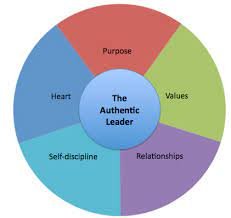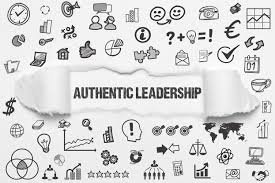One of the trickiest situations for any new leader is managing former peers. The shift from being “one of the team” to the person responsible for overseeing and guiding that team can create an awkward dynamic if not handled thoughtfully. Your former peers may struggle with the adjustment, uncertain about how your new role will impact their relationship with you. They might question whether you’ll be fair, whether you’ll change, or whether past camaraderie will cloud your judgment.
Let’s look at some Strategies for Leading Former Peers:
1. Acknowledge the Shift. Don’t ignore the elephant in the room—acknowledge the change in your role directly and transparently. Let them know that you’re aware this transition could feel unusual and that you’re committed to being fair, supportive, and open. Have one-on-one conversations where you address any concerns, inviting them to share their thoughts. This shows maturity and empathy, helping to ease any discomfort.
2. Establish Boundaries Without Sacrificing Connection. One of the biggest adjustments will involve setting appropriate boundaries while maintaining the connection you’ve built with them. It’s natural to want to keep a friendly rapport, but it’s important to establish professional boundaries, especially regarding work decisions. You’re in a new position of authority, and clarity around roles will prevent misunderstandings. Emphasize that your primary goal is the team’s success and that your decisions will be made with everyone’s best interest in mind.
3. Be Transparent and Fair. Former peers might worry that favoritism will come into play, especially if your relationships have previously been closer with some team members than others. To counteract this, be as transparent as possible about your decisions and the criteria you’re using. Ensure your approach to work distribution, evaluations, and feedback is clear and fair. Addressing these aspects early on and being consistent will reinforce your credibility as an impartial and effective leader.
4. Maintain Professionalism in All Interactions. In your new role, professionalism takes on heightened importance. Small comments or gestures that may have been acceptable when you were peers might now be perceived differently. Approach each interaction with respect, clarity, and a bit of formality where needed. This does not mean losing your personality—it means being mindful of the subtle power dynamics and ensuring everyone feels respected and valued.
5. Be Humble and Inclusive. Lead with humility by acknowledging that you may not have all the answers. Your former peers likely have valuable insights and inviting them to share them demonstrates respect for their experience. Show them that you see this as a collaborative relationship. Phrases like, “I’d love to hear your thoughts on this,” or “What would you suggest based on your experience” can encourage open communication and reinforce their trust in your leadership.
6. Celebrate the Team’s Wins, Not Just Your Own. As you step into this leadership role, focus on celebrating team achievements rather than emphasizing your success. By spotlighting the team’s efforts, you’ll reinforce that you are in this role to support and uplift them rather than assert authority. Former peers will appreciate your focus on their success and your commitment to shared goals.
Leading former peers can be challenging, but it also offers a unique opportunity to demonstrate your leadership skills in a way that builds trust and fosters a collaborative environment. By acknowledging the shift, setting clear boundaries, and focusing on transparency, you can create a seamless transition. Your goal is to guide the team forward while honoring the relationships and experiences you shared previously. When handled with care, managing former peers can result in stronger, more resilient bonds that benefit the team.
Quote of the Day: “Leadership is not about a title or a designation. It's about impact, influence, and inspiration.” – Robin Sharma
Question: What’s your approach to leading former peers? What’s the hardest part for you? Comment and share below; we’d love to hear from you!
As a leadership development and executive coach, I work with leaders to sharpen their leadership skills, contact me to explore this topic further.
The next blog in this series 4/7 will focus on managing employees nearing retirement.
How do you lead former peers?






